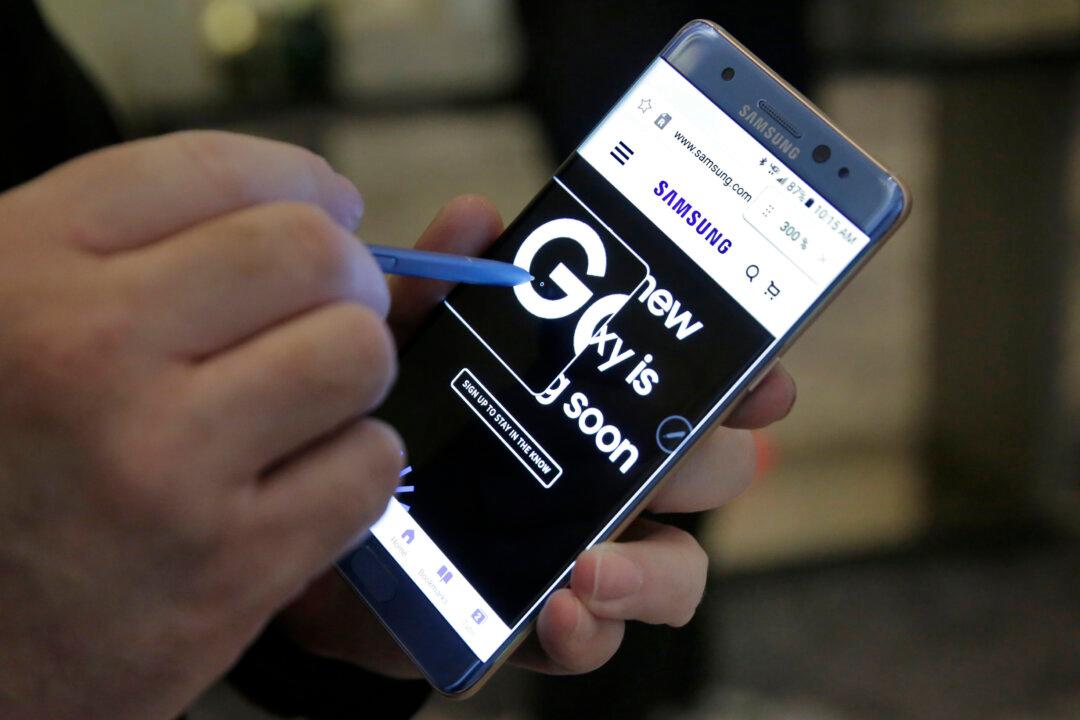Samsung’s Galaxy line has been a big hit since 2011. It has outperformed its rival iPhone in many markets around the world. However, a series of issues with its Galaxy Note 7 has caused severe damage to its reputation, raising the question of whether Samsung can keep its market leadership.
“The incident can be really damaging to the long-term reputation of Samsung,” said Thomas Fladung, vice president at Hennes Communications, a consulting firm that specializes in crisis communications. “And this is mainly because of what happened to Samsung and how they handled it.”
Samsung announced a recall of its flagship smartphone Note 7 in early September just a few weeks after its launch. The company said the issue stemmed from overheating batteries that caused phones to catch fire. The company blamed its battery supplier.
Samsung recalled more than 2.5 million units and promised to replace the phones. However, the replacement devices caught fire too, which dealt a major blow to Samsung’s reputation.
Samsung had to issue a second recall and ceased the production and sales of Note 7 on Oct. 11.
The U.S. Department of Transportation banned Note 7 phones from all U.S. flights on Oct. 15 after a phone caught fire on a Southwest Airlines flight.
The South Korean giant slashed its third-quarter operating profit estimate by more than 30 percent. The total operating costs related to the termination of Note 7 would be 6.1 trillion won ($5.4 billion) over the next nine months, according to the company’s estimates.
The problem with the Note 7 will go beyond its costs and have a negative impact on the brand’s reputation, according to analysts.






